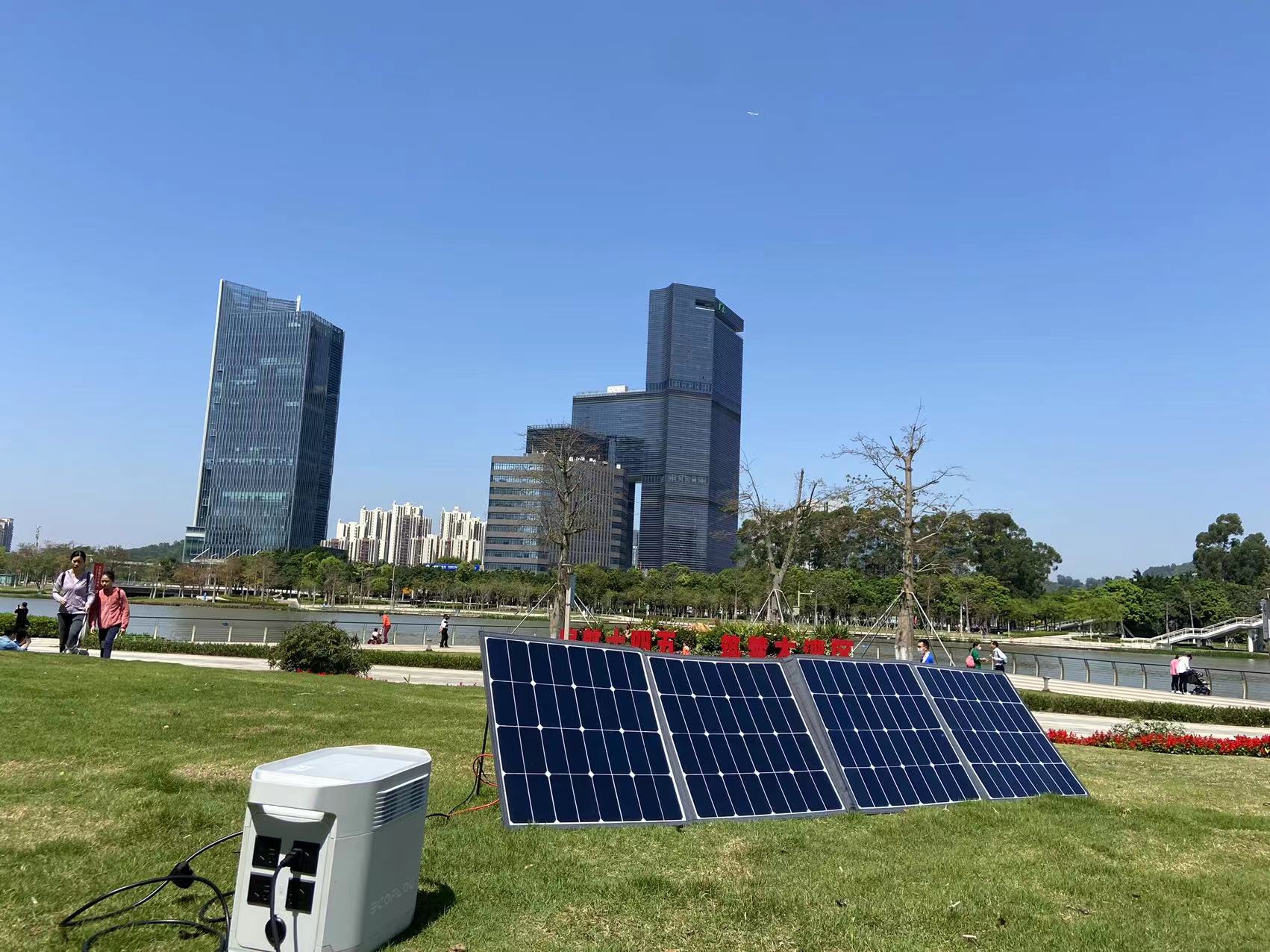After reading this article, you are more familiar with solar panels
A solar panel is a device that converts solar energy into electrical energy, also known as a "solar panel" or "solar photovoltaic panel". It consists of a number of solar cells made from semiconductor materials such as silicon, selenium and copper indium gallium sulfide. When sunlight hits a solar cell, its energy is absorbed, and electron-hole pairs are created. These electrons and holes move and create an electric current in the circuit, which generates energy.
The main composition of a solar cell is a p-n junction hybrid device, consisting of two differently doped semiconductors that generate charge separation under the action of sunlight, creating a micro-electric field that drives electrons to drift into the n-type semiconductor region and holes to drift into the p-type semiconductor region. The power output is affected by light intensity, temperature, carrier lifetime, cell voltage and resistance, etc.

There are several important performance indicators for solar power panels: peak power (Pmax), open circuit voltage (Voc), short circuit current (Isc), and fill factor (FF). Peak power is the standard measurement of the output power of a solar panel and is usually expressed as the maximum power per unit area of drive unit time. The open circuit voltage is the unconnected voltage of the solar charging panel under rated illumination conditions, while the short circuit current is the maximum output current of the solar cell when shorted. The fill factor is the ratio of solar PV module output current and voltage to peak power, with higher indicating higher cell efficiency.

There are many factors to consider when installing solar panels, such as facing direction, tilt angle, shading effects, and plant capacity. Commonly used types of solar power plants include monocrystalline, polycrystalline and amorphous silicon, each with different performance and cost advantages.
There are many benefits to using solar panels. First, solar energy is an unlimited resource that is available worldwide. Secondly, solar energy is a clean source of energy that produces no harmful gases or waste. In addition, installing solar panels can help individuals or businesses save on energy costs, especially over extended periods of time.

Despite the significant advantages of solar panels, there are some limitations. First, the performance of solar panels is affected by weather and climate conditions, such as cloudy days or dust or dirt coverage. In addition, storage and distribution of solar energy can be a challenge, as technologies such as batteries and inverters need to be relied upon to capture and utilize the benefits of solar energy.
Overall, solar panels have become a renewable, clean and economical energy option and are being used in a growing number of applications. In the future, it is expected to become a more mainstream source of energy as the technology continues to improve and become more widespread.





